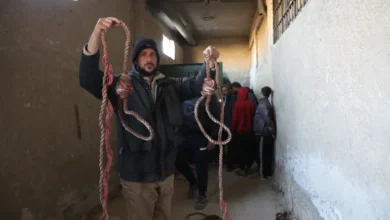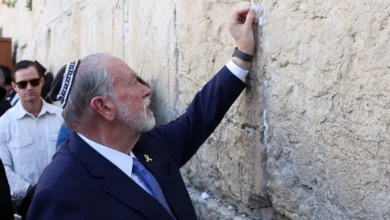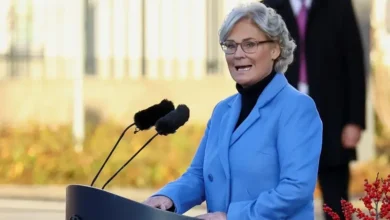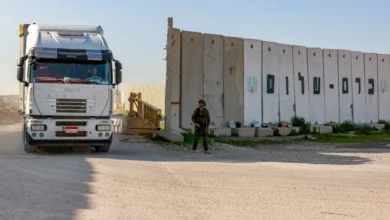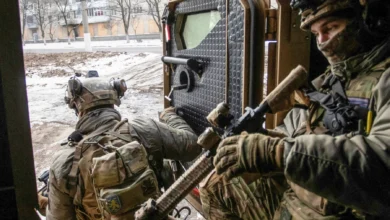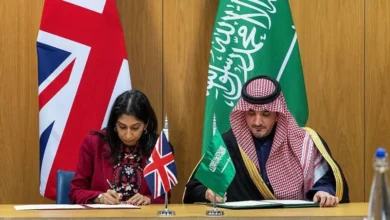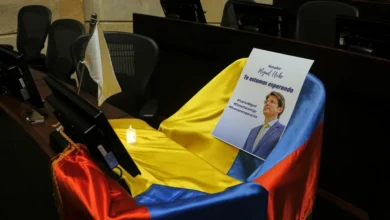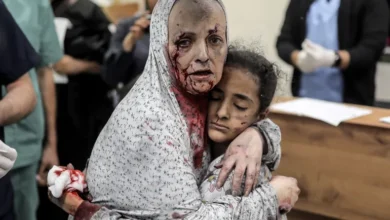Cheney’s policies as VP caused immense human suffering on a global scale
Ziyad Motala
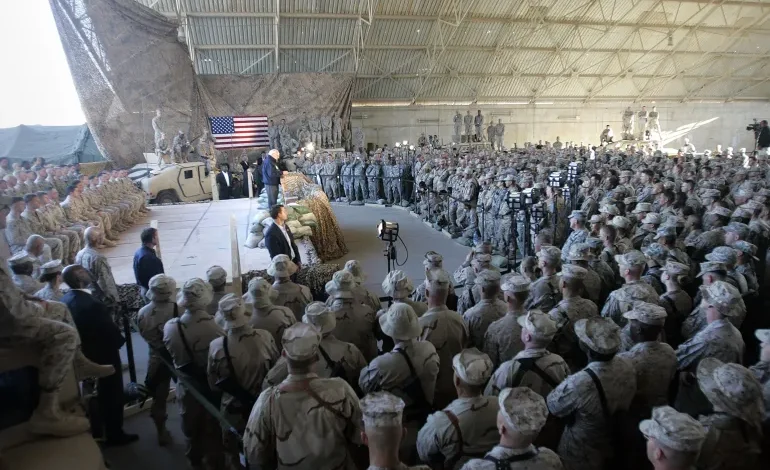
Ziyad Motala
In an unsurprising yet telling development, Republican former Vice President Dick Cheney has thrown his support behind the Democratic presidential nominee, Vice President Kamala Harris, over his party’s candidate, framing former President Donald Trump as an unprecedented threat to the United States. On its face, this endorsement might appear as a principled defence of democracy from a longstanding Republican stalwart. But beneath the surface lies a troubling irony.
Cheney, the architect of some of the most disastrous foreign and domestic policies of the early 21st century, now seeks to claim the moral high ground. The legacy of his policies – particularly the havoc unleashed during the Iraq War and the broader “war on terror” – continues to reverberate globally, causing suffering and instability that far surpass anything Trump has wrought to date.
During Tuesday’s presidential debate, Harris proudly touted Dick Cheney’s endorsement as a badge of honour – a moment as baffling as it was revealing.
Embracing a man whose policies left a trail of death and destabilisation in their wake as a champion of American values lacks any semblance of moral clarity. Cheney, whose hands are stained with the blood of countless innocents from Iraq to Guantanamo, who undermined American democracy and terrorised countless innocent Americans under the “war on terror”, should not be celebrated, especially by someone seeking the mantle of progressive leadership.
Cheney’s tenure as vice president under George W Bush is synonymous with neoconservative ambition, a vision of American dominance built on military intervention and disregard for international law. The invasion of Iraq in 2003 is perhaps the most glaring example of this approach. Alongside President Bush, Cheney pushed for a war based on false premises, most notably the existence of weapons of mass destruction (WMDs) in Iraq, and a supposed link between Saddam Hussein’s regime and the 9/11 terrorist attacks. Both claims were categorically debunked in the years that followed, yet the human and financial costs of the war are staggering.
Estimates of Iraqi civilian deaths range from hundreds of thousands to well over a million, depending on the source. This war destabilised an entire region, paving the way for the rise of extremist groups like ISIL (ISIS) and contributing to ongoing cycles of violence and displacement. The political vacuum created by the toppling of Hussein remains unfilled, as Iraq continues to grapple with internal conflicts and external influences.


